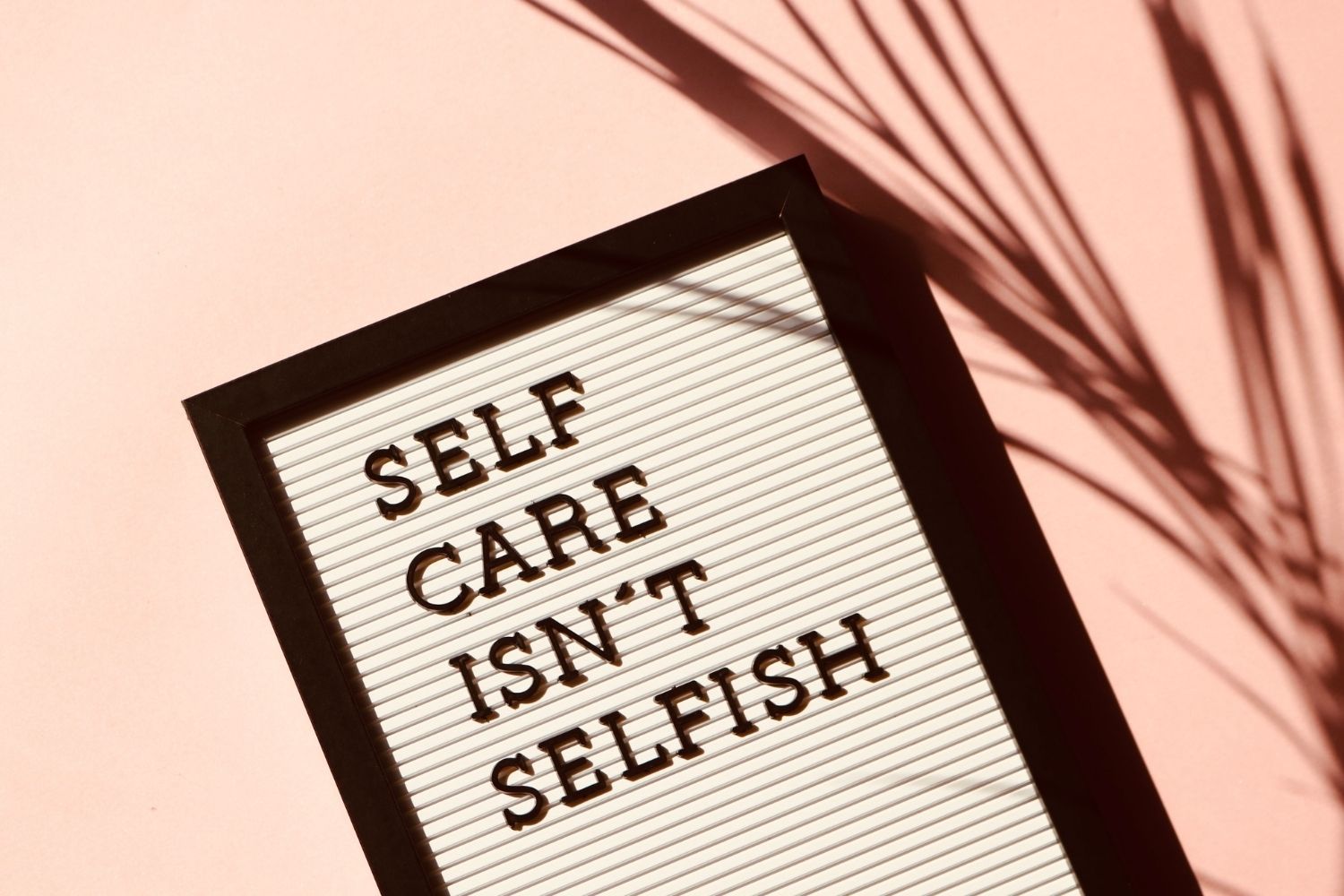Doctors Without Borders in Malaysia senior mental health supervisor Sarah Chou says there's no shame in seeking mental health guidance
Since young, clinical psychologist Sarah Ann Chou displayed a keen interest in the mind and human behaviour. A senior mental health supervisor at Doctors Without Borders in Malaysia, Chou works primarily with refugees, asylum seekers and migrants. Through individual and group counselling, and various psychosocial programmes, she and her team work tirelessly to improve the quality of life for these communities.
Related: Dr Amer Siddiq Amer Nordin On Mental Health & Reducing Anxiety From Social Distancing
In view of how the pandemic has affected the state of our mental health, Chou reflects on the common misconceptions she's heard about mental health throughout her career and shares the steps we can take to safeguard our mental wellness and spread awareness of this oft sidelined issue in our lives.
1. Mental health doesn't mean something is wrong with you

"Firstly, we need to understand what mental health is," Chou says. "Mental health isn’t just about seeking counselling; rather, it involves a person’s ability to function, to have relationships, to work and to cope with daily stressors."
In her line of work, Chou has heard many erroneous comments from "only crazy people need counselling" to "psychologists can read your mind". As a society, the first step to addressing these flawed perceptions is to start normalising health seeking behaviours, she says.
"The more we talk about mental health, the more we normalise it and the less stigma is attached to it. Then we can start to improve our help-seeking."
Related: 8 Malaysian Advocates Of Mental Health, From Influencers To Corporate Figures

